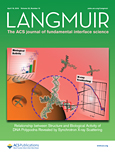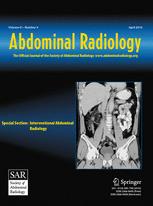 A 2015 study about dietary emulsifiers has been corrected by Nature after another researcher pointed out a few ambiguities.
A 2015 study about dietary emulsifiers has been corrected by Nature after another researcher pointed out a few ambiguities.
When it first appeared, the study — which showed emulsifiers cause inflammation in the guts of mice — received a fair amount of media attention, including from Nature’s own news department. But since publication, a researcher noted some imprecision around the ages of mice used in the sample, affecting the paper’s calculations of weight gain over time. Andrew Gewirtz, co-author of the study from Georgia State University, told us the change did not affect the conclusions of the paper.
Here’s the corrigendum for “Dietary emulsifiers impact the mouse gut microbiota promoting colitis and metabolic syndrome”: Continue reading Nature fixes highly cited paper suggesting food additives hurt the gut

 It was
It was 
 We’ve found another retraction for
We’ve found another retraction for 


 A former postdoc at the University of Pittsburgh has admitted to committing research misconduct in published papers and in National Institutes of Health (NIH) grant applications.
A former postdoc at the University of Pittsburgh has admitted to committing research misconduct in published papers and in National Institutes of Health (NIH) grant applications.